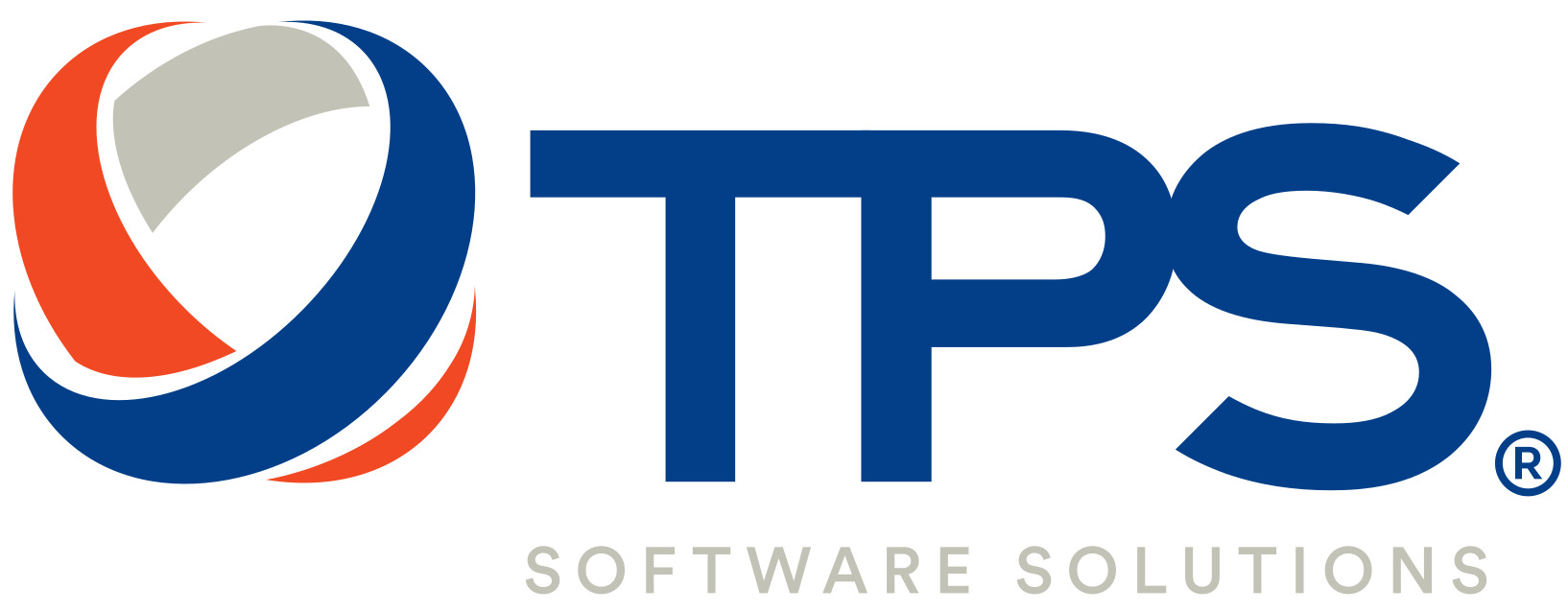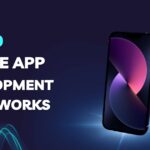Introduction
The mobile app development industry has witnessed rapid advancements in recent years, with new frameworks and technologies constantly emerging. As we venture into 2023, developers and businesses are eager to explore the latest mobile app development frameworks that promise enhanced efficiency, cross-platform compatibility, and improved user experiences. In this article, we will delve into the top 10 mobile app development frameworks that are expected to shine in 2023.

10 Mobile App Development Frameworks in 2023
React Native
React Native continues to dominate the cross-platform app development landscape. Developed by Facebook, it allows developers to build native-like mobile apps using JavaScript and React. With its extensive library of pre-built components, React Native streamlines the development process and ensures smooth performance across Android and iOS platforms.
Flutter
Google’s Flutter has gained tremendous popularity among developers due to its exceptional performance and expressive UI. Using the Dart programming language, Flutter enables the creation of visually stunning and natively compiled mobile, web, and desktop applications from a single codebase. Expect many businesses to adopt Flutter for their app development projects in 2023.
Xamarin
Microsoft’s Xamarin is a robust framework that allows developers to build cross-platform apps using C# and . NET. With its ability to share a significant portion of the codebase across platforms, Xamarin reduces development time and costs while delivering high-performance native apps.
Ionic
Built on Angular and Apache Cordova, Ionic has gained popularity for developing cross-platform mobile apps using web technologies like HTML, CSS, and JavaScript. The framework’s rich UI components and easy integration with various plugins make it a top choice for businesses seeking rapid app development.
PhoneGap (Apache Cordova)
PhoneGap, also known as Apache Cordova, has long been popular for developers aiming to create cross-platform mobile apps using web technologies. With its extensive plugin ecosystem and support for multiple platforms, PhoneGap will continue to be a viable option for app development in 2023.
NativeScript
NativeScript allows developers to build native mobile apps using JavaScript, TypeScript, or Angular. By enabling direct access to native APIs and UI components, NativeScript provides unparalleled performance and native user experiences across iOS and Android devices.
Vue Native
Vue Native brings the simplicity and elegance of Vue.js to mobile app development. As Vue.js gains traction in web development, Vue Native is expected to attract developers seeking a familiar and efficient way to build cross-platform mobile apps.
Kotlin Multiplatform
While not a conventional framework, Kotlin Multiplatform has gained momentum for sharing business logic across Android and iOS platforms. Developed by JetBrains, Kotlin Multiplatform allows developers to write shared code in Kotlin and leverage it seamlessly across both platforms.
Swift UI
Introduced by Apple, SwiftUI is a modern UI framework for building native iOS apps using the Swift programming language. With its declarative syntax and live previews, SwiftUI is set to enhance the development experience for iOS app developers in 2023.
jQuery Mobile
jQuery Mobile remains relevant in the mobile app development landscape for its ability to create touch-optimized web applications compatible with various devices. As businesses strive to offer a seamless user experience across various mobile devices, jQuery Mobile will continue to find its place in app development projects.
Conclusion
As we look forward to 2023, the mobile app development scene is brimming with innovative frameworks and technologies that promise to revolutionize how we build and experience mobile applications. From cross-platform powerhouses like React Native and Flutter to specialized frameworks like SwiftUI and Vue Native, each framework offers unique advantages tailored to specific project requirements. As businesses strive to deliver exceptional user experiences and stay ahead of the competition, adopting the proper mobile app development framework will be crucial for success in the dynamic world of mobile technology.













